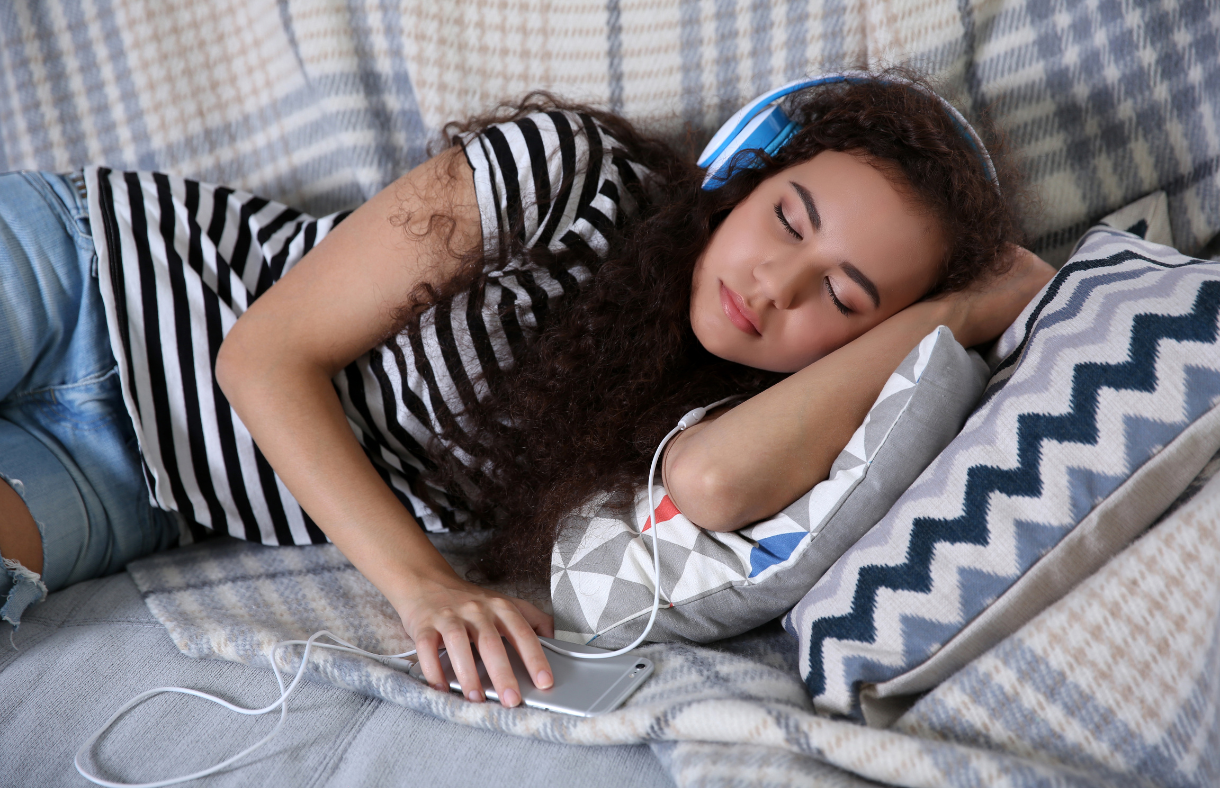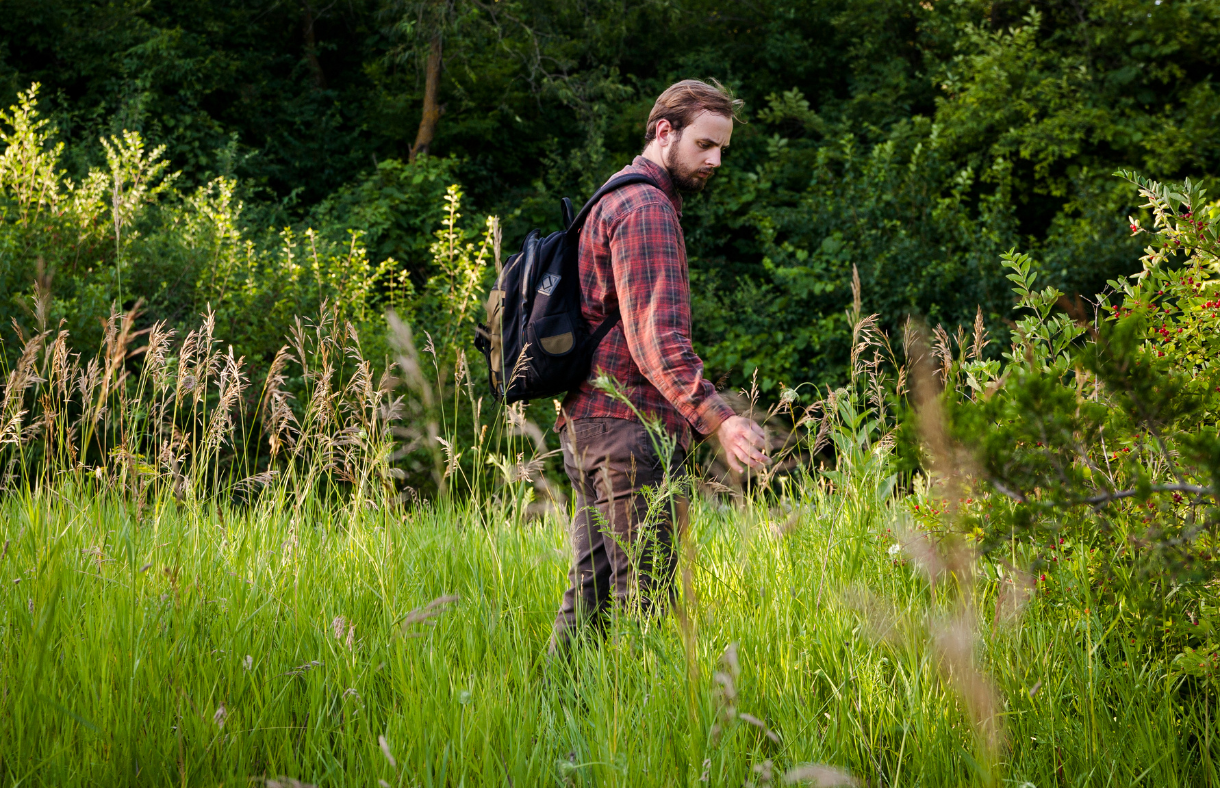April 26 is International Noise Awareness Day. Whatever constitutes everyday “background noise” in your neighborhood or community, your conscious brain has probably learned to tune it out—but never giving it a thought may be costing you.
Noise and Health
The first International Noise Awareness Day was in 1996, established by the Center for Hearing and Communication to raise awareness on the harmful effects of noise. You probably know that people who live in noisy everyday environments (or listen regularly to high-volume music) experience age-related hearing losses earlier and to greater degrees than people with lower noise exposure. But there are other negative effects on health and quality of life.
- People with hearing loss are more vulnerable to injury, depression, and dementia.
- Overall stress levels consistently test higher in noisy environments: it’s not busier days alone that give city dwellers a reputation for being irritable. (More than one country cousin has nearly fainted on first exposure to the “everyday” din that full-time residents think they hardly notice.)
- People living in noisy urban environments also have higher blood pressure, poorer digestion, and even higher suicide rates than their suburban and rural counterparts.
- The more noise that gets into a bedroom, the lower the quality of sleep, and the higher the likelihood of sleep-deprivation-related health issues.
- And if you or your child have autism or a related sensory disorder, you may be all too aware of what it’s like to navigate a noisy environment under the shadow of potential meltdown.

Noise and Assistive Technology
For many people, the solution is noise-cancelling headphones, headphones tuned to a quiet-music app, or good old-fashioned earplugs. In today’s digital-device society, wearing headphones rarely draws a second glance (though etiquette still frowns on using them in private gatherings without a diagnosed accommodations-required disability).
Just remember, if you use a noise-blocking technology that generates its own sound, not to turn it up too high! Too-loud noise playing directly into the ear can do worse damage than outside background noise. (Related note: Doctors say that over-the-ear headphones are safer than earbuds for avoiding hearing damage.)
If you have sensitivity issues, it may also be hard to find headphones or earplugs you can wear comfortably. Don’t feel obligated to settle for whatever you find on the Target rack. An autism specialist or Digital Navigator can help you find your best option.
For further help with noise awareness and reduction, two of our favorite apps are myNoise (for generating healthy sounds) and SoundPrint (for rating venues on volume, complete with a decibel meter and a database searchable by “quiet,” “moderate,” and “noisy”).
Doing Anything for Noise Awareness Day?
Whatever your own specific needs, you can support noise reduction by taking a minute or an afternoon for International Noise Awareness Day this Wednesday.
- Observe one full minute of silence (the “official” Noise Awareness time is 2:15 p.m.)—or as much longer as you like. You can make a game of it by challenging your family/class/office to see who can go the longest without speaking or using device audio.
- Find a “quiet zone” (preferably a park area with trees, some distance from major roads) where you can spend an hour, afternoon, or day surrounded by natural quiet. If that’s not an option, try a library or chapel (many even provide quiet “prayer and meditation” rooms).
- Look up videos of the “quietest places on earth.” (For the record, nine of the ten quietest urban areas on earth are in central and northern Europe—the other being Portland, Maine, at #8.)
- Test your hearing (you can do it quickly online) or schedule a comprehensive screening with an audiologist.
- Share a noise-awareness message on social media. The official Noise Awareness Day: Act Now page has suggestions; or just make a list of your favorite quiet places, or your favorite things about quiet places!


